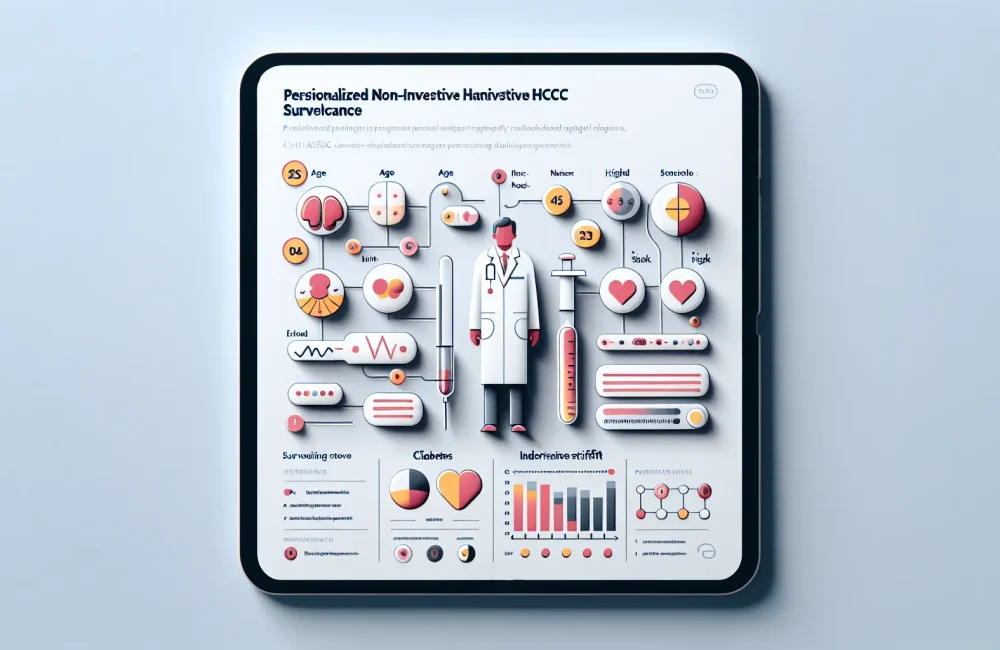By CAFMI AI From New England Journal of Medicine
Adjuvant Pembrolizumab Improves Disease-Free Survival in MIUC
This editorial overview focuses on a pivotal phase 3 clinical trial assessing the efficacy of adjuvant pembrolizumab in patients with muscle-invasive urothelial carcinoma (MIUC) following radical surgery. MIUC is a challenging condition with a high risk of disease recurrence even after aggressive surgical intervention, such as radical cystectomy or nephroureterectomy. Historically, treatment options after surgery have been limited, and observation has often been the standard approach for patients without evident residual disease. The trial sought to determine whether pembrolizumab, an immune checkpoint inhibitor that targets the programmed death-1 (PD-1) receptor, could reduce the risk of cancer recurrence and extend disease-free survival compared to observation alone. The study enrolled high-risk patients based on pathological criteria following surgery and randomized them to receive either pembrolizumab for up to one year or placebo, effectively representing an observation group. The primary outcome measured was disease-free survival, defined as the time until cancer recurrence or death from any cause. Secondary outcomes included overall survival and safety profiles. The results revealed a statistically significant improvement in disease-free survival for patients treated with pembrolizumab compared to those under observation. Patients receiving pembrolizumab experienced a delay in recurrence and showed fewer distant metastases, suggesting that the immunotherapy not only controlled local disease but also had systemic benefits. This improvement marks a potentially transformative shift in post-surgical management for MIUC.
Clinical Implications and Safety Profile of Pembrolizumab
From a clinical standpoint, the introduction of adjuvant pembrolizumab presents new opportunities and challenges for managing MIUC after surgery. The observed benefits in disease-free survival position pembrolizumab as a promising candidate for becoming a new standard of care for high-risk patients. For clinicians, especially those practicing in the United States where MIUC prevalence remains significant, understanding when and how to integrate pembrolizumab into primary care workflows and oncology referral is crucial. Treatment-related adverse events were consistent with known profiles of immune checkpoint inhibitors and were generally manageable. These included immune-mediated side effects, which require vigilant monitoring and prompt management to minimize complications. Counseling patients about potential side effects, signs of immune toxicity, and the importance of adherence to treatment regimens is essential. The safety profile supports pembrolizumab’s use in a carefully selected patient population, balancing efficacy with tolerability. Furthermore, ongoing research challenges include refining patient selection criteria through biomarker development, which could enhance prognostic accuracy and therapy personalization. Integrating immunotherapy with existing multimodal treatment strategies, such as chemotherapy or radiation, also remains an area for future exploration.
Broader Impact and Future Directions in Urothelial Carcinoma Treatment
The findings from this trial contribute to an evolving landscape in the treatment of urothelial carcinoma, highlighting immunotherapy’s expanding role post-surgery. The success of pembrolizumab underscores the importance of immune checkpoint inhibition in controlling residual microscopic disease and preventing metastasis in high-risk patients. This advancement aligns with broader oncology trends favoring personalized and targeted therapies to improve long-term outcomes. From a healthcare systems perspective, implementing adjuvant pembrolizumab involves considerations around cost, patient access, and healthcare infrastructure readiness for managing immune-related treatments. Primary care clinicians play a pivotal role in early detection of recurrence and coordination of care with oncologists and specialists. Red flags such as new onset symptoms potentially indicative of recurrence must prompt timely referral and investigation. Patient counseling also extends to discussing prognosis, treatment goals, and the importance of follow-up visits for monitoring efficacy and managing adverse events. Ultimately, this trial’s results support shifting clinical guidelines to incorporate adjuvant pembrolizumab, encouraging a multidisciplinary approach that optimizes patient outcomes through integrated care pathways. As research continues, future studies will likely focus on enhancing biomarker-driven patient selection, exploring combination therapies, and extending benefits to diverse patient populations.
Read The Original Publication Here






